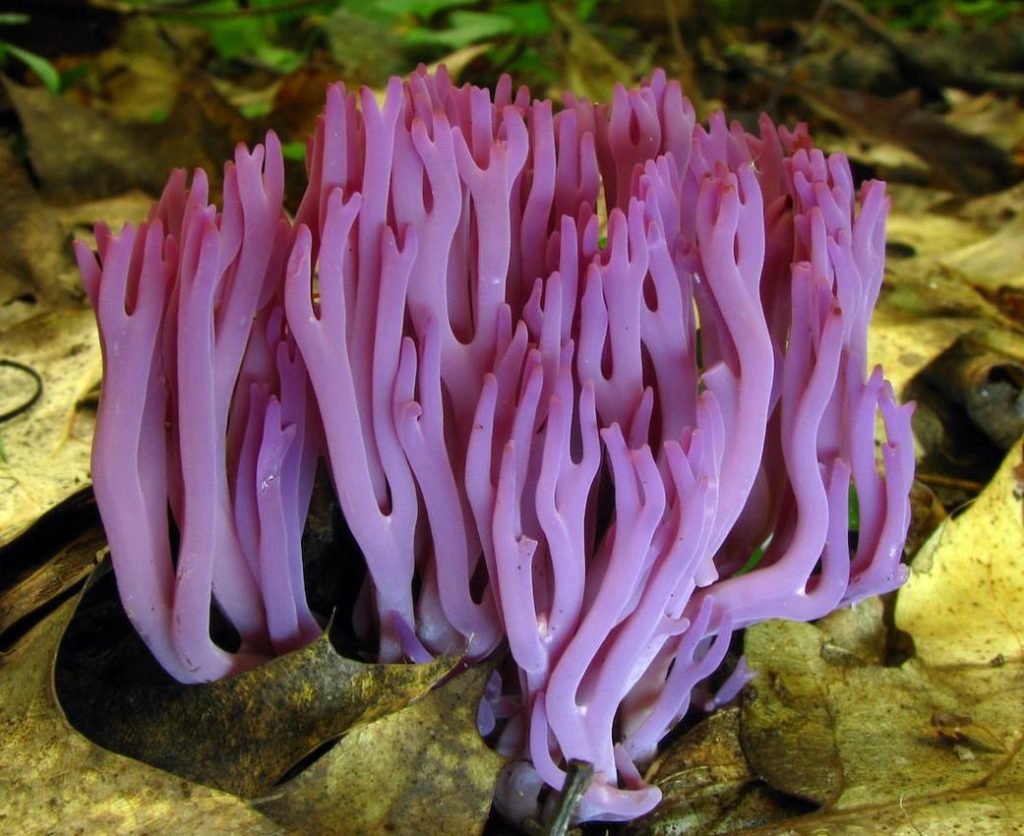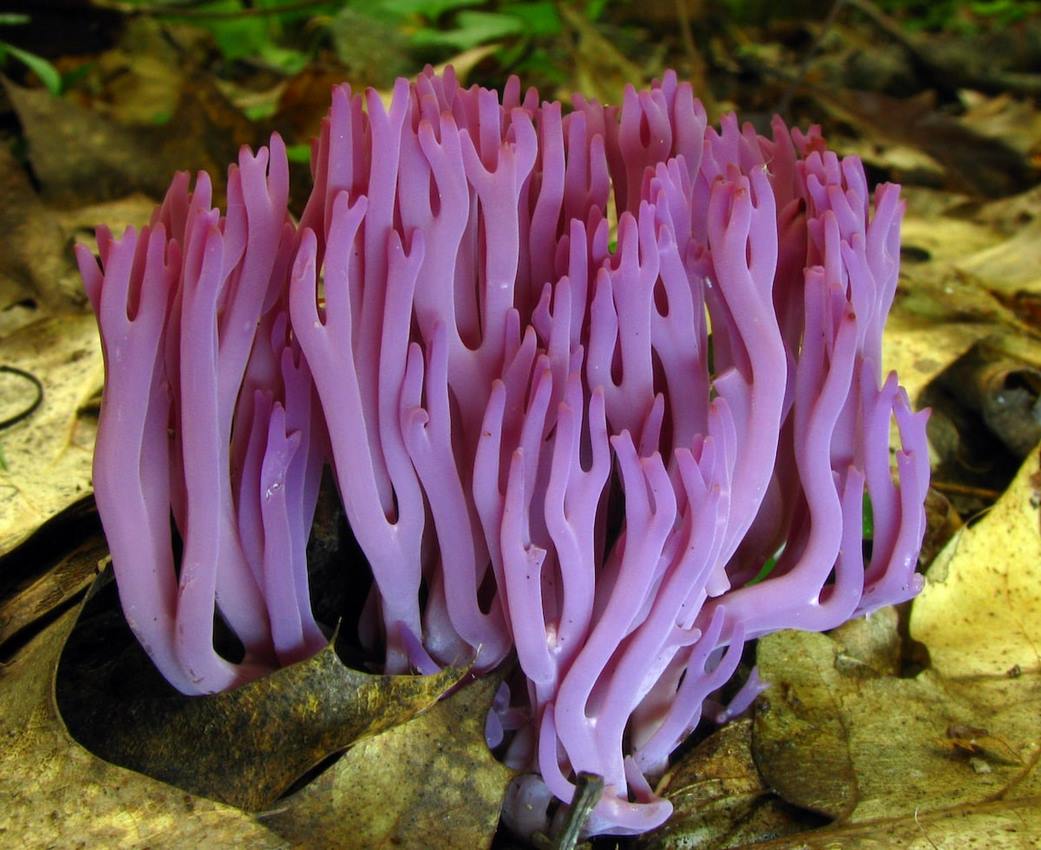
What happens when you take 216 teaspoons of dirt from 55 remote Scottish mountains? Discovery, that’s what.
Scientists doing a survey of soil-born microorganisms in Scotland’s Cairngorms National Park found a bounty of notable DNA strands, including a species of fungi that is entirely new to science, and two that are new to the UK.
In 2021 a team of volunteers working with conservation charity Plantlife, and the UK’s James Hutton Institute took soil samples from 55 of the 58 “Munros” or mountains, in the Cairngorms to see what effects climate change and air pollution was having on the soil life in these remote highlands.
DNA extracted from the soil revealed it contained 2,748 fungal taxa, including 2 which have never been found in the UK.
READ ALSO: Research Suggests Mushrooms Talk to Each Other With a Vocabulary of 50 ‘Words’
The pair were remarkable because Amanita groenlandica is found in Greenland or as far south as Scandinavia, and Acrodontium antarcticum, is from Antarctica. It’s the highlands’ unique cold and snowy weather that allows this circumpolar pair to live outside the polar regions.
.@keilidhewan, Rare Plants and Wild Connections project manager, "“There are more living organisms in just one teaspoon of soil than there are people on the planet." on results of #citizenscience #fungi study with @JamesHuttonInst More results here🍄⬇️: https://t.co/BGaRi08j2l pic.twitter.com/ZOpGmSBn95
— Plantlife (@Love_plants) July 14, 2022
Additionally, the team found an entirely new species from the fungal genus squamanita, and a super rare violet coral fungus—an superb indicator of grasslands health.
Yet the mystery for the team goes far deeper than a few cool notables to share with the public; their survey identified fungal DNA from which only 10% could be identified with a named species, so the work continues and more surprises may come-a-springing.
“Fungi are crucially important to the functioning of our alpine ecosystems, but because they are mostly hidden below ground, and because alpine ecosystems are remote and difficult to access, we know very little about the distribution and diversity of fungi in this iconic habitat,” said Andrea Britton, Ecologist at the James Hutton Institute.
RELATED: World’s Vast Networks of Underground Fungi to be Mapped for First Time to Protect Trillions of Miles
“Thanks to the hard work of volunteers and scientists coming together, the data from this survey will add significantly to our knowledge of this vital group and can be used to start identifying which habitats and locations are particularly important for conservation of fungal diversity.”
HIKE This News Of Rare Fungi To Your Friends On Social Media…




















